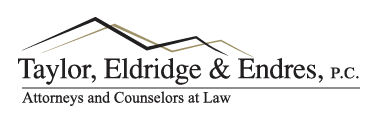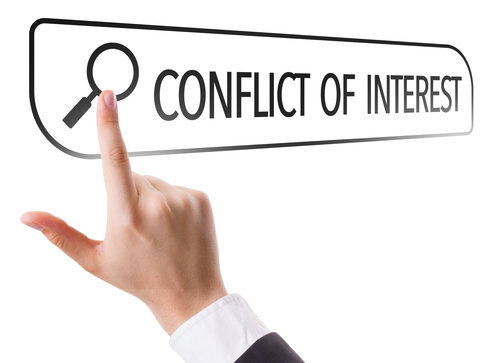The tragic collapse of the Champlain South Tower in Surfside, Florida has led to a series of new requirements that impact all Fannie Mae and Freddie Mac loans for the purchase of units in community associations that have five or more attached units
Citing concerns over buildings with aging infrastructure and significant deferred maintenance projects, condominiums, co-ops and homeowners associations will have to provide an extensive review of safety, soundness and structural integrity conditions to determine if a purchase of a unit in a community is eligible for funding. Since Fannie Mae and Freddie Mac acquire a significant majority of residential mortgages, these guidelines will have a significant effect on the sales of units in community associations. Continue reading “PREPARING FOR THE IMPACT OF NEW FANNIE MAE AND FREDDIE MAC REGULATIONS”



